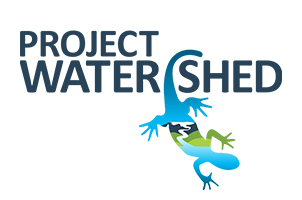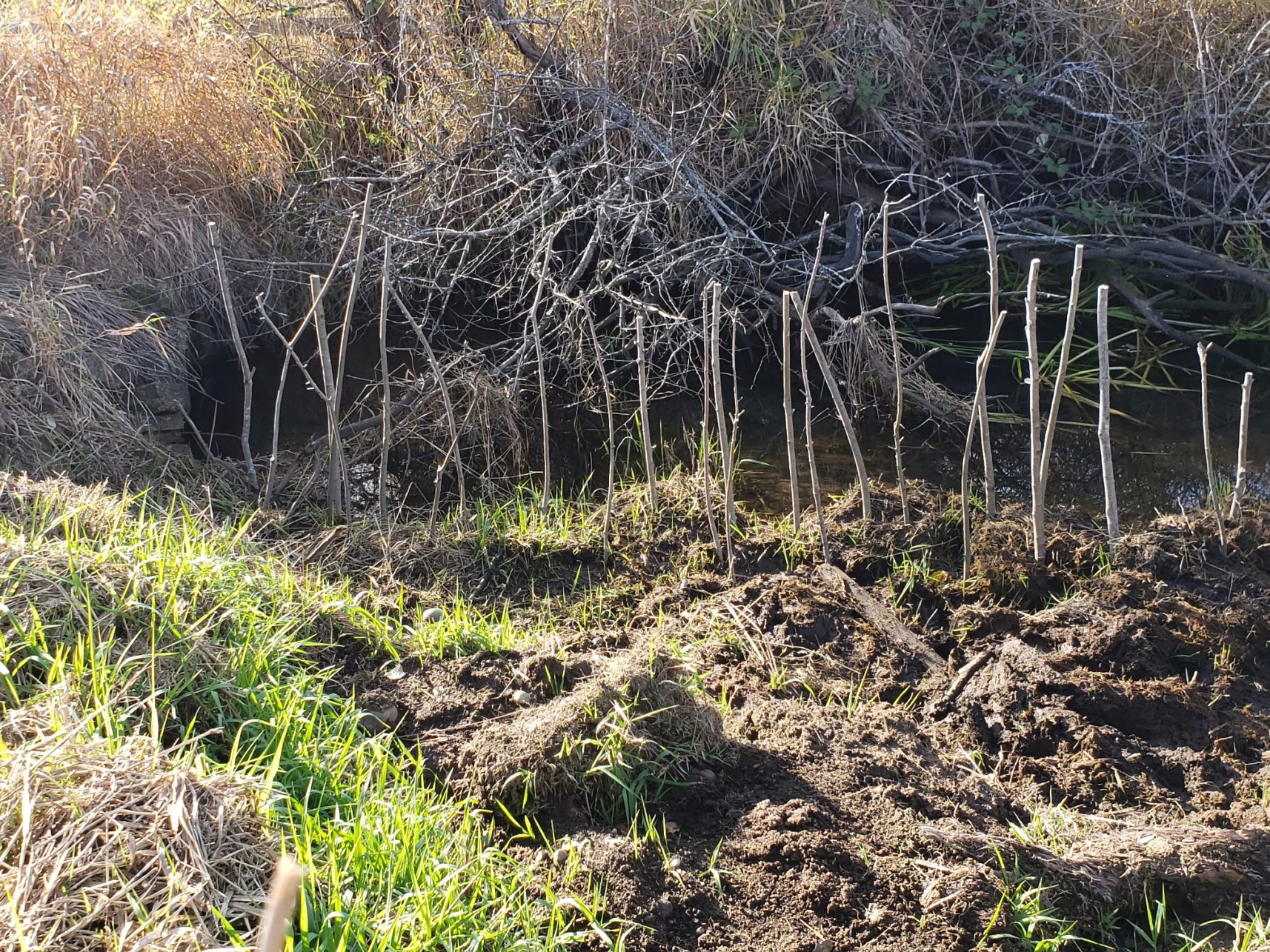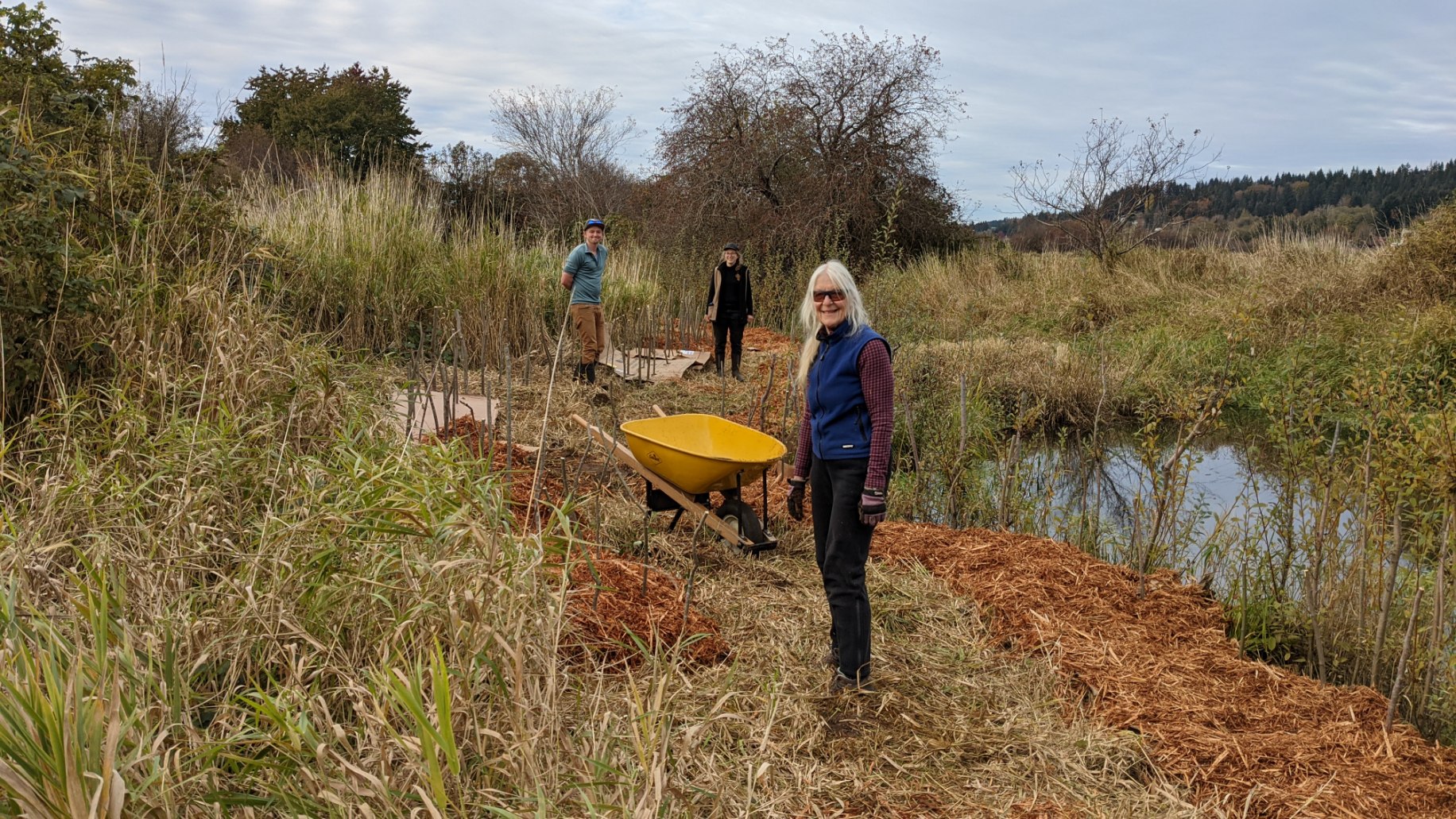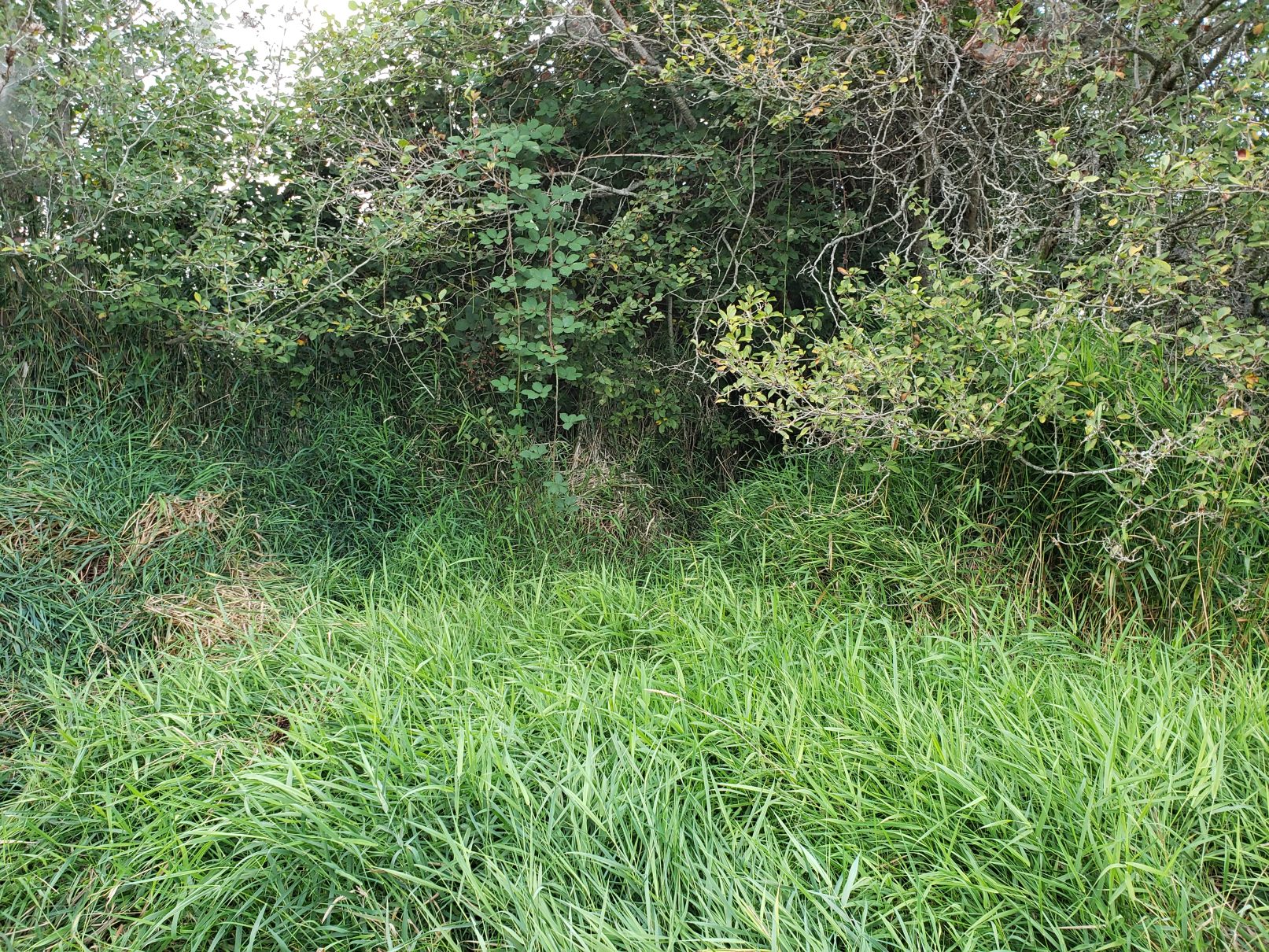Gaining Ground from Reed Canary Grass along Mallard Creek
Willow stakes for out shading reed canary grass – Dan Bowen
Volunteers mulching beside Mallard Creek
Twenty-one Project Watershed volunteers, including three students from the Isfeld Environment Club, and five AECON volunteers participated in harvesting, planting, and mulching nearly 1000 willow stakes along 150 meters of the creek. These plantings will shade out invasive reed canary grass as they grow, and will contribute to riparian zone enhancement, improving habitat conditions for salmon, birds, small mammals and amphibians.
The group was so productive we now have enough willow stakes harvested to plant another stretch of the creek of about the same length. We will be organizing another planting day sometime this winter or early next spring, so keep your eyes peeled!
More on Reed Canary Grass
Invasive reed canary grass in Mallard Creek – Dan Bowen
Invasive reed canary grass in Mallard Creek – Dan Bowen
Related Posts
Mallard Creek Restoration Update for 2024
Restoration work in Mallard Creek will continue this year, including invasive removal, restoring connectivity, and trial planting of a new riparian species. Volunteer events starting in September 2024.
Volunteer at Kus-kus-sum Chamber of Commerce Event
We are showing Kus-kus-sum off to businesses in the Valley through a Chamber Business to Business event. We are looking for a few volunteers to assist with this event.
Coastal Plant Monitoring
Get involved with our new vegetation community science monitoring program!
Spring Field Trips
Throughout May and June Project Watershed will be taking elementary school classes out on field trips to learn about estuary and coastal ecology and to assist with planting and plant maintenance.
Working Together to Identify Forage Fish Spawning Beaches
This year marks the 5th year of a partnership between Comox Valley Project Watershed Society and North Island College on a long-term study to examine intertidal spawning habitats of forage fish in the northern Salish Sea.
Glen Urquhart Update – Spring 2024
Latest news from Glen Urquhart restoration progress for spring 2024.




